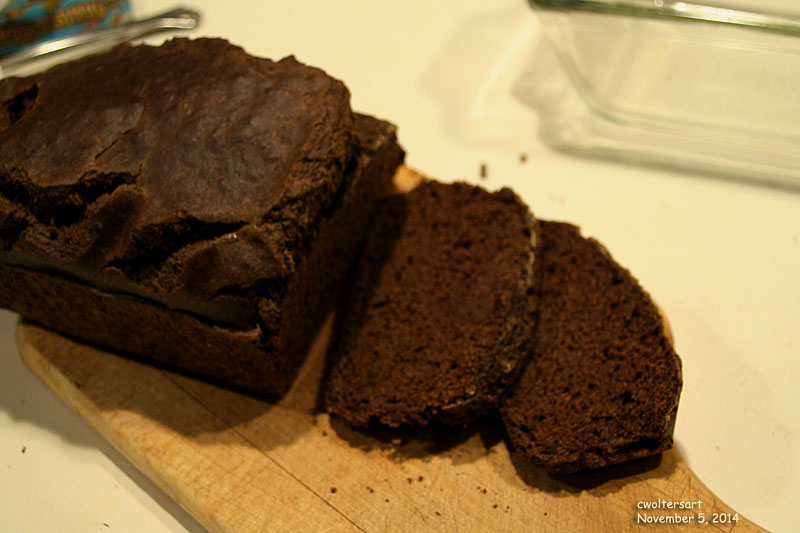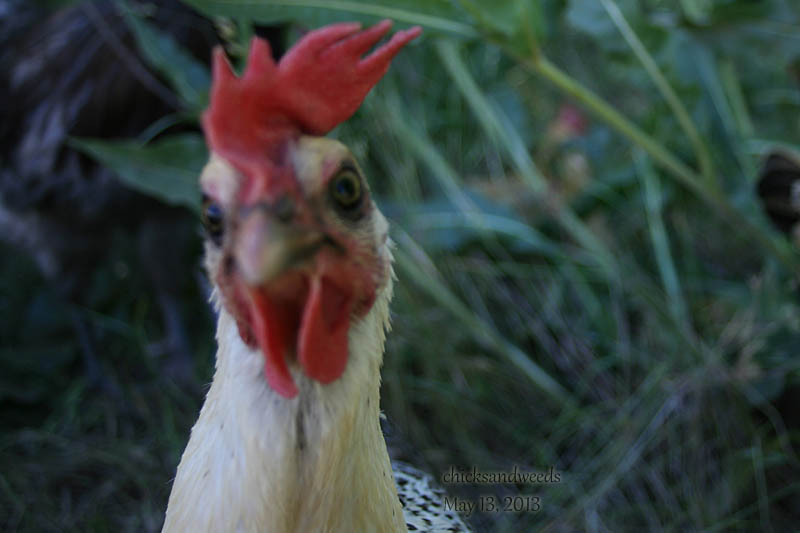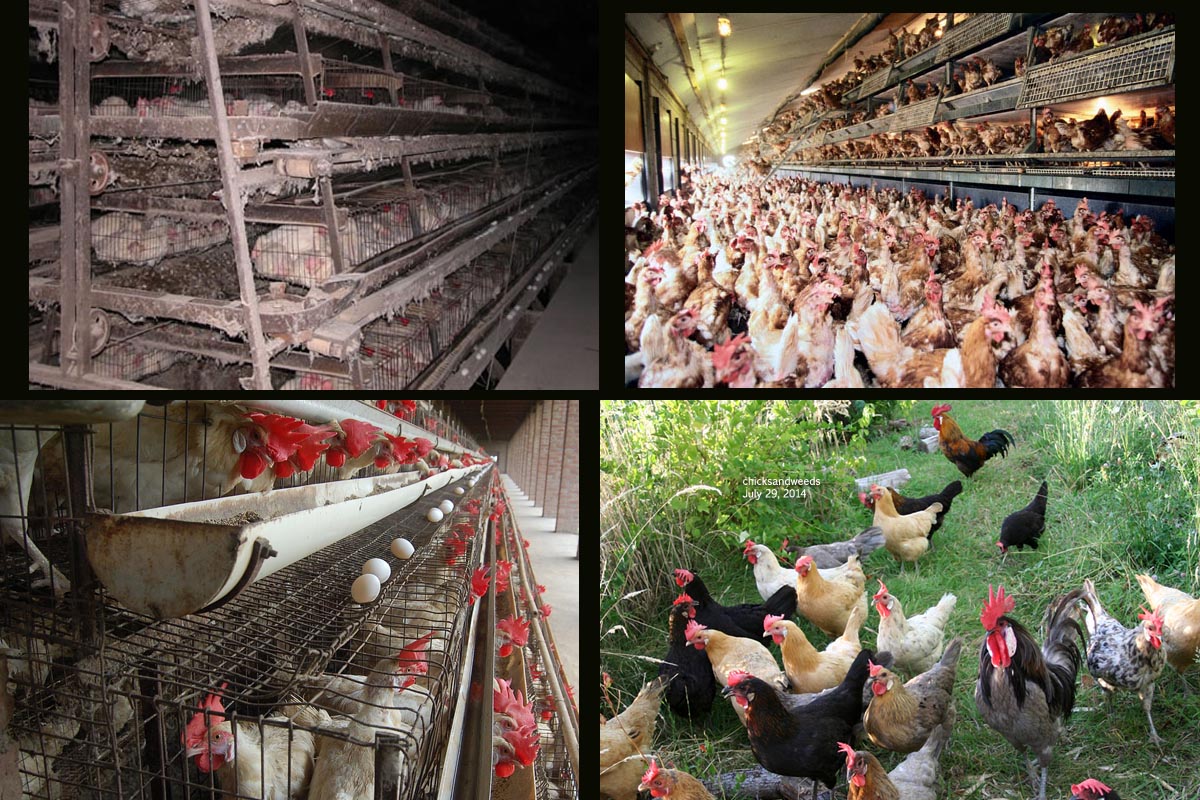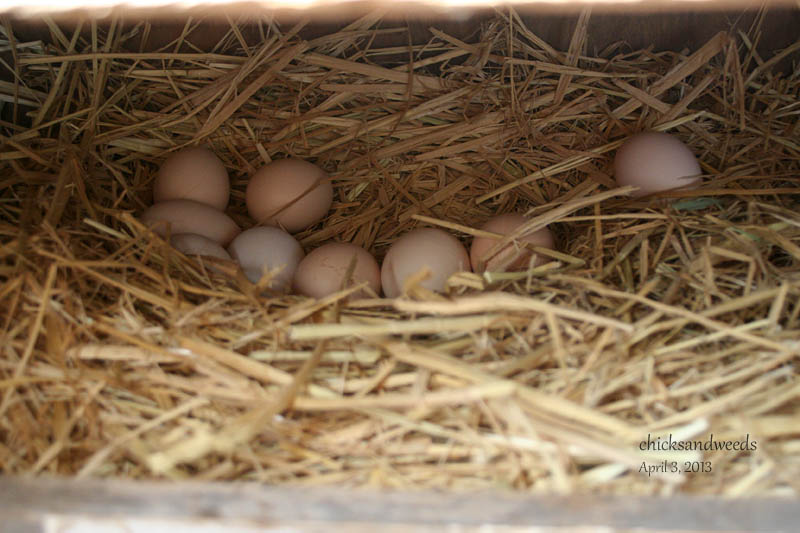Once I starting keeping chickens, I took a closer look at the kind of eggs that were sold in the stores. The ones we were buying were labelled “organic” – but what the heck did that mean for the chickens?
Looking at the egg cartons in stores, you’ll find terms like farm fresh, nutritious, omega 3 enhanced, natural, happy chickens, organic, free range, cage free, pastured, humane, animal welfare approved, pretty family farm pictures, – no one ever says anything like industrial, conventional, cage hens, may contain salmonella, egg yolk contains soy, fed GMO corn, product contains antibiotics, inferior eggs, may contain traces of pesticides.
I found the whole thing confusing myself even for over a year after getting my own eggs from the garden-chicks, so really, they got us wrapped…and to this day I get emotionally fooled when I read “All Natural” on food. That is the biggest lie of all – you won’t believe the things “natural” foodstuffs can contain – and get THIS: you do NOT even have the right to KNOW what is in it. Let that sink in for a bit. It is just that “natural” STILL sounds like something so good, like nature made it, not dabbled with, left whole and wholesome – and in the United States, that could not be further from the truth.

Just the other day I was in a store looking for rye bread .oh, there is was – clear and in big letters – RYE BREAD – and STILL I have to remind myself consciously that the claim is false. When I moved to the USA in the mid-eighties, I looked for bread, decent bread to buy. Coming from Germany, I was used to all kinds of freshly baked breads – real bakeries were within walking distance everywhere I lived growing up. I remember 3 main varieties: Brötchen – rolls – the likes of which I have never seen in the USA, made of wheat four, double baked rye bread – made with rye flour (it didn’t need to say pure, 100% – is was RYE bread), and mixed bread – made with a mixture of rye and wheat flour. I was looking for rye bread …and I didn’t pay much attention to the ingredients list and ended up with the “rye” bread that had those seeds in it …oh dear. That was about 25 years ago – and to this day, when I pick up packages which are labelled “Rye Bread” – the main ingredient is WHEAT. There simply is not the same standard in food labeling here as I grew up with.
I will write a different post on what the various – and confusing, misleading, and clever terms you see on egg cartons actually mean for your eggs and the chickens.
In the meantime, just in case you are curious to find out more about just HOW WELL you are being manipulated, this here is a very powerful and eye opening video made about The Secrets of Food Marketing, Published on May 12, 2014. Below it is a response to one of the comments that made a point of saying that they did not present a solution – I say: you really need to be willing to look at and admit that what is happening may be problematic – the only way to address a problem is to admit there is one.
We all have a choice to then do what is consistent with what we believe in, is important to us or hold dear.
I don’t mind if she is an actress, as long as what she says is true (if you do some research you will see that it’s not a lie !)
Compassion in World Farming : Hi Jake thanks for your reply. Please note that this video was never actually intended to offer the solution to factory farming – we simply wanted to grab people’s attention to encourage them to think about how they eat, and ways in which they can help stop suffering.
Compassion in World Farming’s aim is to end factory farming for the betterment of animal welfare, people’s health and the planet, and exposing the industry in ways such as this are vital to this work. Our work has changed laws which has led to the improvement of conditions for farm animals and better quality food for humans. We campaign for better conditions, and also work with the food industry to improve animal welfare within supply chains: www.compassioninfoodbusiness.com
We have a programme of Good Farm Animal Welfare Awards which are currently set to benefit 287 million animals.
Research has actually shown that intensive farming is incredibly wasteful and cannot be sustained. 87% of the calories that factory farmed animals consume are wasted (for every 100 calories of animal feed, made of soya and other cereals that humans can eat, rather than grass which we cannot, 13 calories of meat/dairy are produced).
Feeding the planet should not come at the expense of animal welfare, human health or the environment – all of which you can read more about on our website: www.ciwf.org. The truth is that we won’t be able to continue our current farming methods if we want to feed the planet. For a start, we need to reduce our consumption of animal products, and increase the standard of those products. I think you might find our research materials interesting, including our Manifesto for a Caring Food Policy, which starts by discussing problems of hunger and obesity and the disproportionate allocation of food across the world: http://www.ciwf.org.uk/media/5804168/Down_to_earth_manifesto_for_a_caring_food_policy.pdf. There is a wide range of research here which goes into further detail on our solutions-based approach to ending factory farming for animals, people and the planet: http://www.ciwf.org.uk/research/food/



